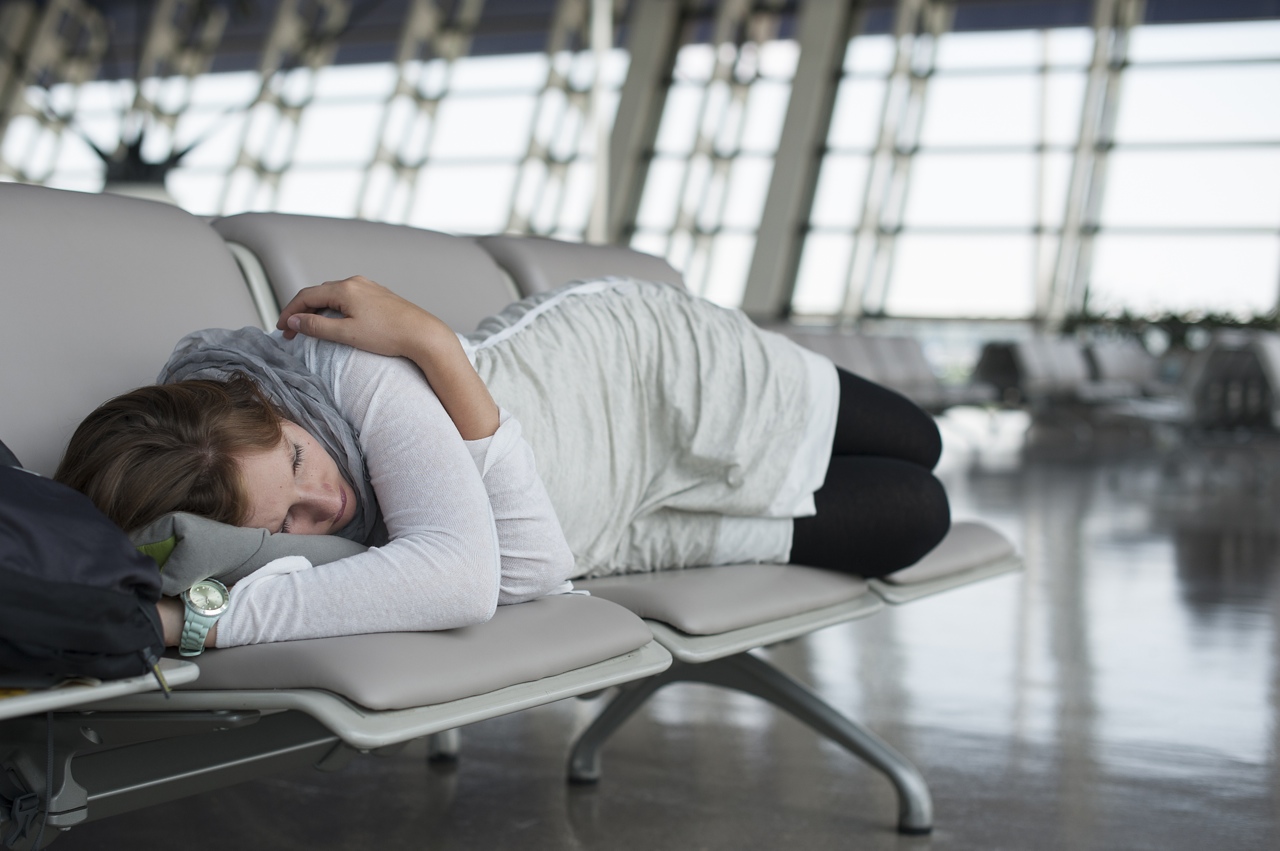Fighting the effects of jet lag: everything you need to know
Anyone who travels regularly, especially on long-haul flights, is familiar with jet lag and its various symptoms. If you’ve wondered what causes jet lag and how to ameliorate it, read on.
Jet lag, also known as desynchronosis or time zone change syndrome, occurs when you travel rapidly through different time zones. This physiological condition affects people of all ages, though older individuals tend to have more severe symptoms, and their bodies typically take longer to get back in sync.
The main cause of jet lag is the abrupt disruption of the body’s internal circadian clock. Your biological clock is governed by the light and dark cycle that naturally occurs during the day and night. This internal clock influences your sleeping and waking patterns, your eating habits, as well as your body temperature. In other words, you are used to getting up, eating, and sleeping at certain times, and these patterns are governed by your circadian clock.
However, traveling across different time zones upsets this rhythm. Your body’s internal clock is unable to immediately adjust to the new daylight/darkness times, and your timing system is thrown out of alignment. This is what causes the range of symptoms that people refer to as jet lag. The more time zones you cross, the more misaligned your body clock will be, and the more severe your symptoms are likely to get.
Common jet lag symptoms
Jet lag symptoms vary from one individual to another. The most common symptoms include lethargy, fatigue, extreme drowsiness, irritability, headaches, disorientation, insomnia, and confusion. You may also experience loss of appetite accompanied by gastrointestinal disturbances such as mild constipation or diarrhea.
Thankfully, these symptoms are temporary and require no treatment. They will normally alleviate as soon as you get used to your new time zone.
Tips on minimizing the effects of jet lag
Jet lag can become a problem if you are a frequent flier. While you might want to arrive at your destination feeling rested and refreshed, jet lag can leave you groggy and listless. This can be inconvenient if you have an important event such as a meeting scheduled right after your arrival.
Here are some tips to help you beat jet lag:
- Get enough sleep before your trip. This ensures that you are fully rested before traveling and will help mitigate some of the symptoms.
- Start adjusting your internal clock about four days prior to your trip. Do this by gradually sleeping earlier if you’ll be traveling east, and going to bed later if you’ll be traveling west. This helps your body to align with your destination’s time zone.
- Opt for an overnight flight where possible, or get enough sleep during your flight. Getting enough rest will enable your body to cope with the additional stress of jet lag.
- Avoid or limit your intake of alcohol or coffee during your flight, and instead stay hydrated by drinking enough water. Cabin air is dehydrating, and this will only make you tired, thereby aggravating any jet lag symptoms you might have. If you do want to drink coffee make sure you drink a high quality brand like Kimbo coffee.
- See if phototherapy will work for you. It is thought that specifically timed exposure to white or bright light can speed up your internal clock’s ability to adjust to a new time zone. This is where devices such as the HumanCharger come in. This innovative device sends blue-enriched white light through the ear canals (with the aid of earbuds) to the light-sensitive regions of your brain, thus helping to ease jet lag symptoms. To learn more, check out humancharger.com.
- Use melatonin or sleeping pills wisely. Melatonin is a hormone produced by the body, and research suggests that it is used to set your circadian clock. This hormone is produced at high levels at night, suggesting that it controls our sleeping patterns. It is available as a nonprescription drug, and some people use it to lessen the effects of jet lag. Others prefer to use sleeping pills to help them sleep during their flight. Exercise caution when taking these pills as they can end up making you feel even groggier and more disoriented when you land.
- Try other remedies to help stimulate or relax you. Medication or caffeine pills can have their side effects and if that affects you then perhaps consider some other remedies instead. For example, Kratom can be quite stimulating depending on the dose – this guide on how kratom is used has more information on the subject. Ginseng tea is also said to be quite stimulating. On the other side of the scale St Johns Wort or Chamomile can help to relax if getting to sleep on time is your goal. If you do take medication for another condition make sure you talk to a doctor or pharmacist first to ensure there will be no problems.
- Try to spend time outside soaking up some sunlight once you arrive at your destination. This will help your body get in sync with your new surroundings and hopefully dissipate your jet lag.
- Avoid napping or sleeping as soon as you arrive, unless you touch down at night. Although drifting off as soon as you reach your hotel may seem like the right thing to do, it will only leave you more disoriented. Spend time outdoors instead, and try to eat and sleep at the proper times for the new time zone.
Jet lag is an inevitable part of traveling, and since it can’t be avoided, learning to mitigate the symptoms goes a long way towards making every trip more comfortable.


